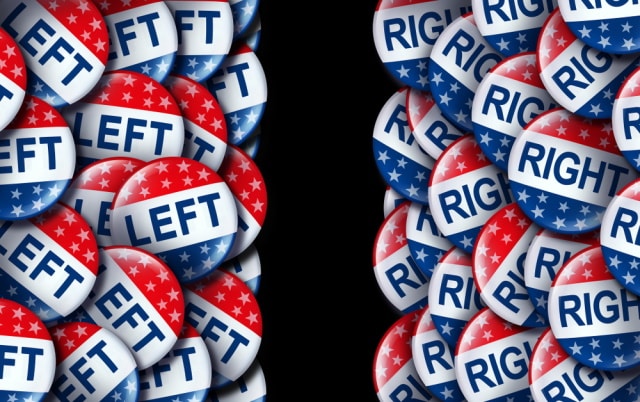Twitter's algorithms actually promote right-wing ideologies, not liberal ones

Twitter and other social platforms have long been accused of having a liberal bias, censoring conservative voices, and being biased in favor of left-wing ideologies. But a new study shows that -- at least in the case of Twitter -- the reverse is true.
Having conducted an in-depth analysis into the effects of machine learning and recommendation algorithms, Twitter found that it is right-leaning news outlets that benefit from the greatest amplification. The question is "why?".
See also:
- Donald Trump launches his new social networking platform called TRUTH Social
- Windows 11 has a handy God Mode for power users
- KB5006670 is the latest Window update to cause printer problems
The short answer to the question is that Twitter simply does not know. The company carried out a study across Canada, France, Germany, Japan, Spain, the UK and the US between the beginning of April and mid-August 2020 seeking to discover to what extent political content from elected officials is influenced by algorithmic amplification.
Other questions Twitter was keen to find the answer to were: Does this amplification vary across political parties or within a political party?; Are some types of political groups algorithmically amplified more than others?; Are these trends consistent across countries?; Are some news outlets amplified more by algorithms than others?; Does news media algorithmic amplification favor one side of the political spectrum more than the other?
Presenting the results, researcher Rumman Chowdhury tweeted:
Key findings from the study include:
- Tweets about political content from elected officials, regardless of party or whether the party is in power, do see algorithmic amplification when compared to political content on the reverse chronological timeline.
- Group effects did not translate to individual effects. In other words, since party affiliation or ideology is not a factor our systems consider when recommending content, two individuals in the same political party would not necessarily see the same amplification.
- In six out of seven countries — all but Germany — Tweets posted by accounts from the political right receive more algorithmic amplification than the political left when studied as a group.
- Right-leaning news outlets, as defined by the independent organizations listed above, see greater algorithmic amplification on Twitter compared to left-leaning news outlets. However, as highlighted in the paper, these third-party ratings make their own, independent classifications and as such the results of analysis may vary depending on which source is used.
The ML Ethics, Transparency and Accountability (META) team is going to carry out more research in partnership with as-yet-unnamed third parties.
The full Algorithmic Amplification of Politics on Twitter report can be read here (PDF).
Image credit: Lightspring / Shutterstock
